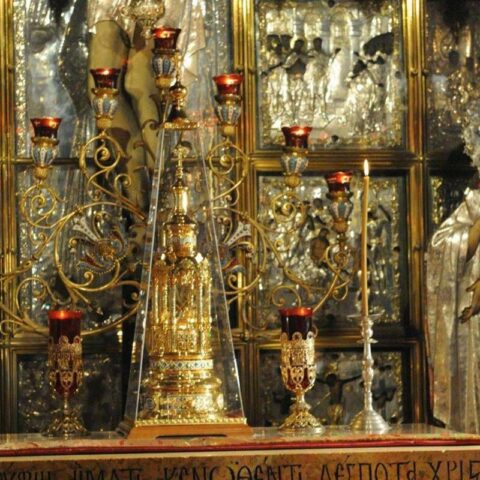(Adnkronos) – US President Donald Trump is back to talking about North Korea and his relationship with Kim Jong-un. “I got along well with him,” Trump said. “He’s not a religious fanatic. He happens to be a smart person.” The tycoon’s words seem to open the way to the possibility of a new diplomatic phase between Washington and Pyongyang on the nuclear issue, perhaps resuming the progress made in the first administration in the three historic meetings between the two leaders, the last of which was held in 2019 at the Demilitarized Zone on the border between the two Koreas.
In an interview with Fox News, Trump – who on June 30, 2019 became the first US president to set foot in North Korea – announced that he will soon be re-establishing relations with Kim. The rapprochement between the two leaders could annoy Seoul, which in recent days had already invited the US president to correct course, after calling Pyongyang a “nuclear power.” The Kim Jong-un regime is not officially recognized internationally as a nuclear power under the Nuclear Non-Proliferation Treaty (NPT). But recognizing the state as having nuclear weapons could be a strategic move to pave the way for the resumption of talks interrupted in 2019.
During the election campaign, Trump repeatedly boasted about his personal ties to Kim, imagined by the tycoon to be “happy” to see him return to the White House. But if in the first administration of the Republican the issue of Korea had been at the center of US foreign policy, now the great obstacle to a new summit could be the renewed list of priorities for Washington, with Trump himself who has set himself the goal of stopping wars and bringing peace to the Middle East and Ukraine. In an interview with Time last December, the Republican leader had called Pyongyang’s involvement in Kursk a “very complicated” factor.
Trump’s stance does not seem to have influenced North Korean strategies. According to a report prepared by the Joint Chiefs of Staff of South Korea, cited by the Yonhap news agency, North Korea is in fact accelerating preparations for a new deployment of troops to Russia, having already sent around 11,000 soldiers, losing over 3,000 between dead and wounded. In addition, Pyongyang is said to be continuing its race towards the potential launch of a spy satellite or an intercontinental ballistic missile.
But despite the difficulties, Trump’s recent statements and his history could keep a glimmer of hope open for a new summit. The idea of a historic agreement that would lead to the denuclearization of North Korea and lasting peace was seen by Trump as a goal that could have enshrined him in the annals of international diplomacy. Although the talks proved difficult, Trump has repeatedly stressed that his commitment to North Korea could have been reason enough to award him the Nobel Peace Prize.
The three Trump-Kim talks were historic moments in relations between the two countries, although they did not lead to a definitive agreement. The first meeting took place on June 12, 2018 in Singapore. It was the first time a US president had met a North Korean leader, and the summit ended with a joint statement in which both leaders pledged to work towards the denuclearization of the Korean peninsula and to establish new relations between the two countries, although there were no concrete details on how to achieve these commitments.
The second meeting, which was held in Hanoi on February 27 and 28, 2019, was decidedly more complex than the first, and ended without an agreement. Kim asked for the sanctions to be lifted in exchange for partial denuclearization, but Trump felt the offer was insufficient, leading to the collapse of the talks. The third and final meeting took place on June 30, 2019 in the demilitarized zone (DMZ) between the two Koreas. Although rich in meaning, the summit did not lead to concrete progress on denuclearization or other crucial issues. After this meeting, the talks entered a stalemate that has never been resolved.
The challenge for Trump promises to be complicated, because in recent years relations between the two sides of the Korean peninsula have cooled further, and Pyongyang has taken decisive steps towards Moscow. After the failure of nuclear diplomacy with the United States, Kim and Putin signed a military pact that includes a mutual defense clause. By supplying arms and deploying troops to Ukraine, the North is believed to have received in return from Moscow advanced military technologies, as well as food, fuel, security guarantees and other forms of support.




